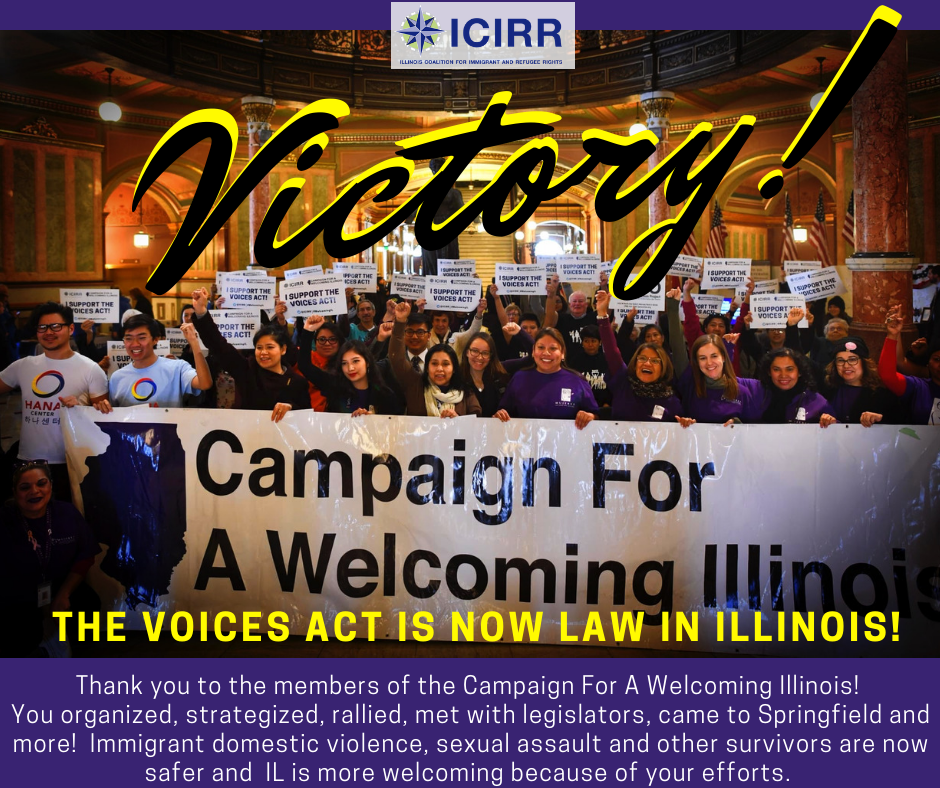This op-ed is co-authored by Olivia Albrecht, youth organizer for the Brighton Park Neighborhood Council, and BPNC President Anita Caballero.
Last year, the Brighton Park Neighborhood Council supported undocumented students from across the Southwest side as they organized Coming Out of the Shadows assemblies at their schools. The celebrations were beautiful moments of resistance, where students chose to speak openly about their identities and experiences and invited their peers to join clubs that support undocumented students and their families.
This is what building sanctuary looks like.
But recent decisions by the administration of Chicago Public Schools are endangering the culture of trust that these schools have worked hard to build.
While we are grateful that CPS has postponed implementing a new student information system, Aspen SIS, until April, our concerns about privacy and safety for undocumented students have not been addressed. Aspen SIS, a data platform created by Westchester, Illinois-based Follett Learning, tracks student’s personal information, grades, attendance, and other student data. Within Aspen’s system, schools are able to track a student’s citizenship status, refugee status, and year of immigration. It’s unclear who has access to this data in and outside of CPS. Despite an online petition, created by teachers, CPS has not commented publicly on why this data is being collected or how it will be shared. We are deeply concerned that data that reveals or even implies a family’s undocumented status could be shared with Immigration and Customs Enforcement (ICE).
Fear of information sharing with federal law enforcement agencies is not alarmist. We’ve already seen the ramifications of such policies. In the last two years, it’s become known that the Chicago Police Department’s “gang database” is used by Immigration and Customs Enforcement agents to target undocumented residents despite Chicago’s status as a sanctuary city. No one is informed that they are on the list or given the option to appeal. Many are listed without proper justification, based on their clothing, relationship to others, or the neighborhood they live in. If Chicago wants to be a real sanctuary city, it’s time for our city’s institutions to hold themselves to a higher standard.
No list or database of non-citizen students should ever exist, particularly as new anti-immigrant policies proliferate from Washington D.C. If a student feels comfortable disclosing their status to a trusted adult, they should be confident that that information will remain confidential.
This is not the first time that CPS has failed to understand the ramifications of its policies on immigrant families. This summer CPS announced a new background check requirement for all parents in schools, including those participating in a GED or ESL class offered at their child’s school. For many immigrant parents, such a requirement precluded their participation. There is a possibility that a background check for CPS could trigger an alert of an active deportation order. This new policy meant that we would not be able to offer such opportunities to parents at our Full-Service Community Schools.
Thankfully, after a considerable delay, GED and ESL classes are scheduled to begin in January without the need for fingerprinting or a background check. Now that implementation of the new Aspen SIS data system has been postponed until April, we urge CPS to work with Follett to ensure the system honors undocumented students and families and maintains their privacy and safety.
Chicago has declared itself a Sanctuary City. CPS must walk the talk.
Photo courtesy Brighton Park Neighborhood Council via Facebook
